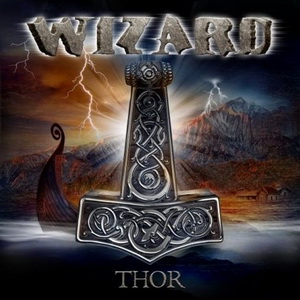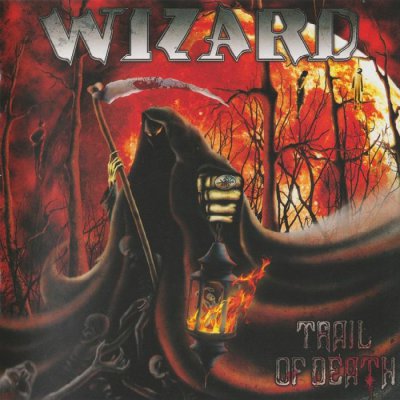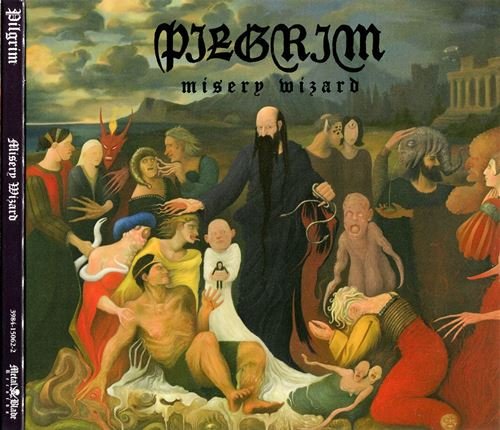BOB CATLEY - Discography 7CD Japan Press 1998-2008
Artist: BOB CATLEY Title Of Album: Discography Japanese Edition 1998. «The Tower ⁄ Live At The Gods» (JP 2 × CD Nippon Crown Co., Ltd. · CRCL-4518〜19) 1999. «Legends» (JP Nippon Crown Co., Ltd. · CRCL-4517) 2001. «Middle Earth» (JP Nippon Crown Co., Ltd. · CRCL-4552) 2003. «When Empires Burns» (JP Nippon Crown Co., Ltd. · CRCL-4573) 2006. «Spirit Of Man» (JP Avalon ⁄ Marquee Inc. · MICP-10568) 2008. «Immortal» (JP 2008 Nexus ⁄ King Record Co. Ltd. · KICP-1320) Release Date: 1998-2008 Genre:

BOB CATLEY - Discography 7CD Japan Press 1998-2008
Artist: BOB CATLEY Title Of Album: Discography Japanese Edition 1998. «The Tower ⁄ Live At The Gods» (JP 2 × CD Nippon Crown Co., Ltd. · CRCL-4518〜19) 1999. «Legends» (JP Nippon Crown Co., Ltd. · CRCL-4517) 2001. «Middle Earth» (JP Nippon Crown Co., Ltd. · CRCL-4552) 2003. «When Empires Burns» (JP Nippon Crown Co., Ltd. · CRCL-4573) 2006. «Spirit Of Man» (JP Avalon ⁄ Marquee Inc. · MICP-10568) 2008. «Immortal» (JP 2008 Nexus ⁄ King Record Co. Ltd. · KICP-1320) Release Date: 1998-2008 Genre:
15 10, 2025
Ozric Tentacles – Vitamin Enhanced (1994)
Band: Ozric Tentacles Country: United Kingdom Album: Vitamin Enhanced (Box set 6 CD 006202) Genre: Space Rock, Psychedelic, Instrumental Publisher: Dovetail (DOVE BOX 1) Quality: FLAC (image. cue. log. Full scans) Size: 2.3 Gb Sharing: X-files

Ozric Tentacles – Vitamin Enhanced (1994)
Band: Ozric Tentacles Country: United Kingdom Album: Vitamin Enhanced (Box set 6 CD 006202) Genre: Space Rock, Psychedelic, Instrumental Publisher: Dovetail (DOVE BOX 1) Quality: FLAC (image. cue. log. Full scans) Size: 2.3 Gb Sharing: X-files
15 10, 2025
Wilson Pickett - Funky Midnight Mover - The Atlantic Studio Recordings 1962-1978 (2010) 6CD
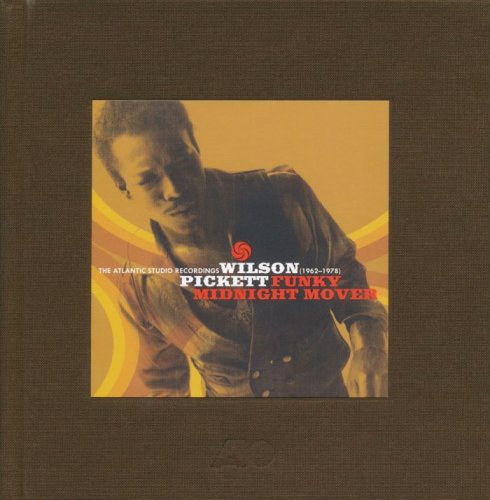
Wilson Pickett - Funky Midnight Mover - The Atlantic Studio Recordings 1962-1978 (2010) 6CD
Artist: Wilson Pickett Title Of Album: Funky Midnight Mover Year Of Release: 2010 Label (Catalog#) :Rhino Handmade RHM2 07753 Country:: USA Genre: Funk, Soul, R&B Quality: FLAC (tracks+cue,log) Bitrate: Lossless Time: 07:43:54 Full Size: 3.65Gb(+3%)(covers+book/92page) Info: wiki
14 10, 2025
Жанры
Lossless Galaxy Release
Русская музыка
--Поп
--Рок
--Панк
--Альтернатива
--Металл
--Рэп, Хип-Хоп, R'n'B
--Джаз и Блюз
--Фолк
--Шансон, Авторская песня
--СССР
Зарубежная музыка
--Pop
--Rock
--Hard Rock
--Progressive & Art-Rock
--Pop-Rock & Soft Rock
--Instrumental Rock
--Heavy, Traditional, Industrial Metal
--Power, Gothic, Sympho Metal
--Thrash, Speed, Groove, Modern Metal
--Death, Melodic Death, Doom, Dark Metal
--Black, Pagan, Folk, Viking Metal
--Alternative
--Punk
--Disco, Eurodance
--Rap, Hip Hop, R'n'B
--Reggae, Ska, Dub
--Jazz, Blues, Soul
--Folk, Country, Ethnic
--Electronic, Ambient, New Wave
--House, Techno, Trance
Другие жанры
--New Age, Relax, Meditative & Flamenco
--Chillout, Lounge, Downtempo, Trip-Hop
--Drum & Bass, Jungle, Breakbeat, IDM
--Classical / Классическая музыка
--Soundtrack
--Музыкальные сказки
Vinyl Rip
HI-Res / DVD-Audio / DTS
--SACD
--DSD
--DVD-Audio
Сборники Lossless-Galaxy
Альбомы 2022
Альбомы 2023
Альбомы 2024
Теги
1st Press 2022 2023 2024 2025 70... AOR Black Metal Blues Blues Rock Bootleg Series Classic Rock Death Metal Discography Exclusive for Lossless-Galaxy Folk Rock Fusion Hard Rock Heavy Metal Hi-Res Japanese Edition Jazz Jazz Rock lossless Melodic Death Metal Melodic Rock Modern Electric Blues Pop Pop Rock Power Metal Prog Rock Progressive Metal Progressive Rock Psych Rock Psychedelic Rock Rock SACD Symphonic Metal Thrash Metal Дискографии от KoGGaN
Архивы
Опрос
В каком формате хотели бы видеть релизы на сайте ?
 Автор: sirk, 16 ноября 2023, Комментариев: 1, Просмотров: 940
Автор: sirk, 16 ноября 2023, Комментариев: 1, Просмотров: 940Wizard - The Original Wizard (1971) (1999)
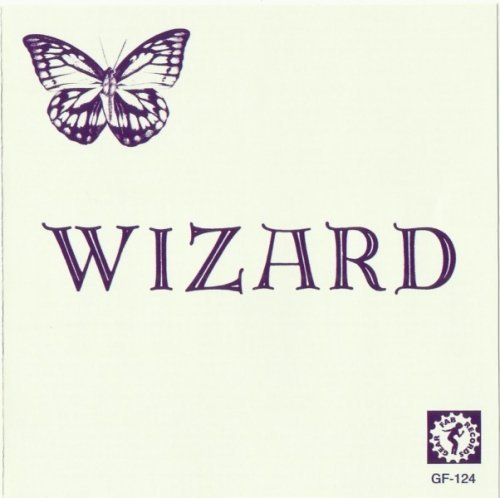
Artist: Wizard
Title Of Album: The Original Wizard
Year Of Release: 1971/1999
Label (Catalog#) : Gear Fab [GF-124]
Country: USA
Genre Psych Hard Rock, Blues Rock
Quality: FLAC (image + cue,scans)
Bitrate: Lossless
Time: 00:42:43
Full Size: 231mb(+3%)
Title Of Album: The Original Wizard
Year Of Release: 1971/1999
Label (Catalog#) : Gear Fab [GF-124]
Country: USA
Genre Psych Hard Rock, Blues Rock
Quality: FLAC (image + cue,scans)
Bitrate: Lossless
Time: 00:42:43
Full Size: 231mb(+3%)
Tracks:
-------
1. Freedom (Forney, Luhn, Schultz) - 5:15
2. Come and See The Bride (Forney) - 2:58
3. What Do You Know About Mary? (Forney) - 2:25
4. Opus Ate (Forney, Schultz) - 3:26
5. Coin' Away (Forney) - 1:49
6. Killing Time (Schultz, Luhn) - 3:58
7. Got To See My Way (Forney, Schultz, Luhn) - 2:38
8. Ride (Schultz, Forney) - 3:03
9. Seance (Forney) - 3:48
10.Talkin' To God (Forney, Schultz) - 2:30
11.Evergreen (Forney) - 3:53
12.Got Love (Forney) - 3:09
13.Freedom (Forney, Luhn, Schultz) - 4:03
Personnel:
---------
Ben Schultz - Lead, Rhythm Guitars, Vocals
Paul Forney - Lead Vocals, Bass Guitar
Chris Luhn - Drums
All thanks to original releaser
-------
1. Freedom (Forney, Luhn, Schultz) - 5:15
2. Come and See The Bride (Forney) - 2:58
3. What Do You Know About Mary? (Forney) - 2:25
4. Opus Ate (Forney, Schultz) - 3:26
5. Coin' Away (Forney) - 1:49
6. Killing Time (Schultz, Luhn) - 3:58
7. Got To See My Way (Forney, Schultz, Luhn) - 2:38
8. Ride (Schultz, Forney) - 3:03
9. Seance (Forney) - 3:48
10.Talkin' To God (Forney, Schultz) - 2:30
11.Evergreen (Forney) - 3:53
12.Got Love (Forney) - 3:09
13.Freedom (Forney, Luhn, Schultz) - 4:03
Personnel:
---------
Ben Schultz - Lead, Rhythm Guitars, Vocals
Paul Forney - Lead Vocals, Bass Guitar
Chris Luhn - Drums
All thanks to original releaser
Внимание! У Вас нет прав для просмотра скрытого текста.
Изменил: sirk по причине: RE-UP
Похожие новости:
Комментарии (1)
Добавить комментарий!
Информация
Посетители, находящиеся в группе Гости, не могут оставлять комментарии к данной публикации.


![Beto Vazquez Infinity - Wizard [EP] 2002](/uploads/posts/2011-08/thumbs/1314757616_2002bvifront.jpg)
